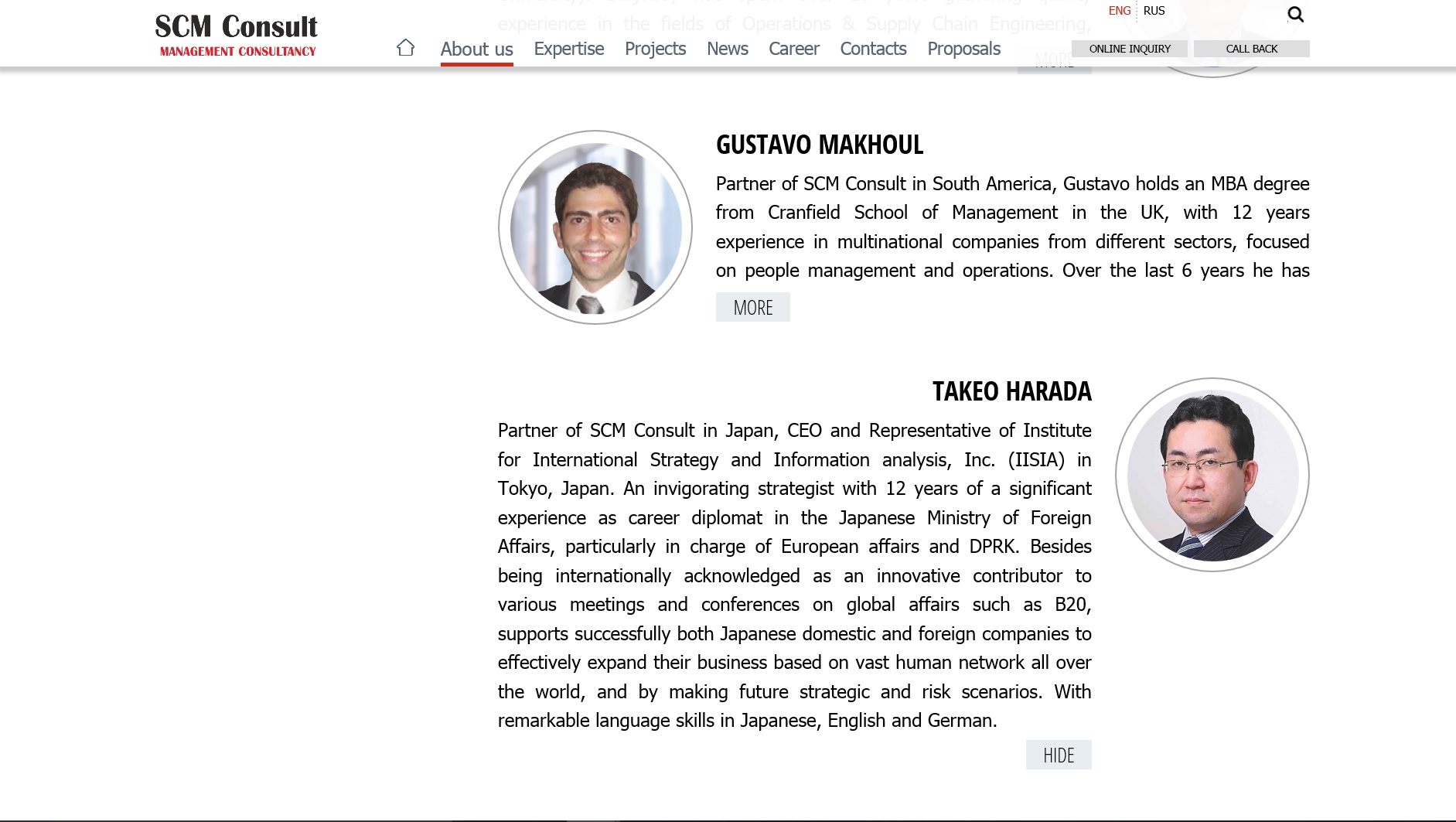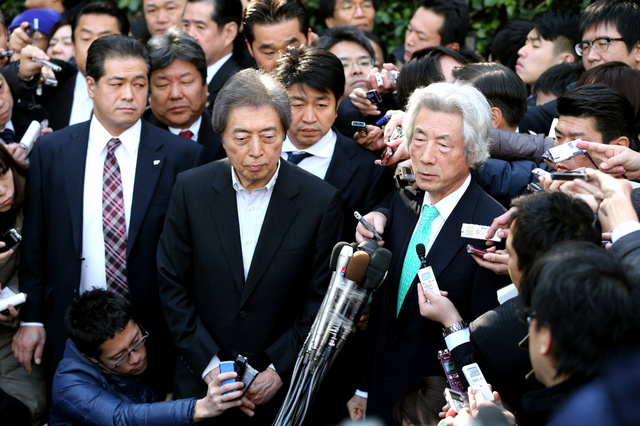From Russia with Love.

Finally, a hectic week has just come to an end, while I’m honored to give one-week lectures to young and selected employees of a Japanese leading company in insurance sector this week. From 9 AM to 5 PM, I told them how to activate their skills for global business, so that their company will be able to move on to the next stage.
This kind of HRM is exactly what my institute mainly deals with professionally. Besides that, the institute intensively accelerates its endeavor to become a genuine “global” consulting firm in terms of networking with foreign partners.
The day before yesterday, my institute announced to launch its strategic alliance with our new partner, SCM Consult located London, UK. The firm dedicates itself particularly to make foreign companies invest to the Russian market by taking advantage of Tatarstan, one of the new special economic Zones in Russia. Furthermore, SCM Consult has various menus to give assistance to corporate clients, which really want to expand their own global business all over the world. Thanks to its vast expert network, the firm is always prepared to do so.
I personally think it to be extremely important for success of companies’ global expansion that not only the companies themselves but also host countries welcome business development. Just like the human being, “mutual love” is essential for global business in this regard, even though particularly ordinary Japanese companies never recognize this.
Taking an example of the country “Russia”, the Government of Japan currently makes tremendous efforts to boost the bilateral economic relationship between Japan and Russia by making Japanese big corporates invest to the latter’s Far Eastern Federal District. Since even Japanese prominent big corporate is obviously in lack of both effective and sufficient risk management in the global market, it always relies on instructions from the GOJ. By doing so, the company tends to think it to be possible to blame the government, if the project fails.
The above mentioned economic trend towards the Far Eastern Federal District is clearly rooted in genuine political ambition of Prime Minister Shinzo ABE. Following his uncle, the then PM Eisaku SATO, who succeeded to get back the OKINAWA islands from the US in 1972, PM Shinzo ABE dares to ask Russian President Vladimir PUTIN to solve the historical territorial dispute of the Northern Islands. To draw attention from the Russian side, the ABE administration make use of Japan’s “economic” power in terms of massive investment to the Federal District in the Far East.
Having said that, I firmly recommend my corporate clients not to rely only on the GOJ’s recommendation. Instead of that, the company should seek a “dual strategy” to penetrate into the Russian market. What is it?
As usual for gigantic countries, Russia has not only one in the Far East but also several fronts vis-à-vis her neighbors. Particularly one with the Islam is exactly what has always been causing troubles to Kremlin. It’s Tatarstan that is expected to both economically and politically play a role as catalyst vis-à-vis the Islam. For example, nothing is said to have happened in Tatarstan (“Singapore” in Russia, where the west meets the east) even in the midst of diplomatic tensions between Ankara and Moscow recently, while Turkish business persons are allowed to expand their business through Tatarstan to the Russian market.
Because Japan has never faced security issues against the Islam and its countries, Japanese companies can become “neutral brokers” in Tatarstan, for example, between Turkey and Russia. By doing so, Kremlin can’t help pay positive attention to these Japanese companies’ activities for the sake of economic development in both Tatarstan and Russia, so that the later will be willing to do favorable measures to them even in other parts of the nation.
Japanese politicians, who are allegedly “experts” of Russian affairs, are interested only in construction of mega-infrastructure such as undersea tunnel and “Shinkansen”-express, which will be never used. Relying on these money-hungry is, of course, extremely risky for Japanese corporates, as you see. To get rid of the short-term thinking, they urgently need to switch to the dual strategy towards Russia, as I mentioned beforehand. This is exactly the reason why my institute “IISIA” now launches strategic alliance with SCM Consult. Stay tuned.






